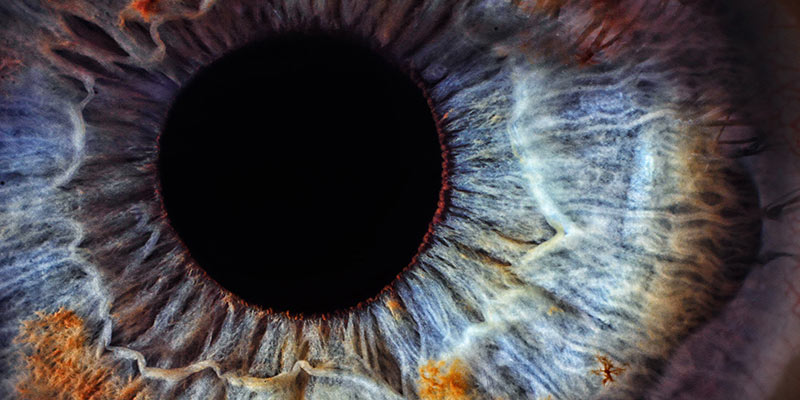What is Refractive Surgery?
Refractive surgery is performed to eliminate the dependence on glasses and contact lenses. The most commonly performed refractive surgery is referred to as laser vision correction. During laser vision correction a cool beam of light is used to resculpt the curvature of the cornea. It can be performed for most types of refractive errors; including myopia (nearsightedness), hyperopia (farsightedness) and astigmatism.
What are the different kinds of laser vision correction available?
All current methods for laser vision correction involve using a laser to reshape the outer surface of the eye. The laser is used to sculpt the superficial layers permanently altering the curvature of the cornea. The laser can either be applied to the outer surface of the cornea or underneath a thin corneal flap. The term LASIK is used when the laser is performed after lifting this corneal flap. The flap is then replaced. Dr. Hirsch will provide you with the individualized analysis and information that you will need to make the choice best suited for you.
Is laser vision correction painful?
Anesthetic eye drops are used just before surgery begins. Almost all patients describe no pain or discomfort during the actual surgery. Most LASIK patients describe the six hours following surgery as slightly uncomfortable as if there is a foreign body or irritation. PRK patients may experience discomfort for a couple of days. The LASIK procedure often results in less discomfort that PRK because the treatment takes place below the corneal surface.
When can I go back to work?
Most patients are able to return to work the day following the procedure. There are very few restrictions on activity during the immediate post-operative period.
Will insurance pay for my surgery?
Most insurance plans do not cover LASIK and PRK, as they are deemed elective surgeries. However, flexible benefits programs generally cover laser vision correction. You may choose from a variety of payment options. Payment by credit card is also accepted.
Is laser vision correction safe?
Over two million patients worldwide have had this treatment performed on them successfully. However, the decision to have LASIK is an important one that only you can make. LASIK is a safe, effective and permanent procedure, but like any surgical procedure it does have some risks. Serious complications with LASIK are extremely rare.
Since everyone heals somewhat differently, some patient’s eyes may overreact to the procedure and some may under react resulting in overcorrections and undercorrections. Once the eye has stabilized you and your doctor can discuss whether a re-treatment could help fine tune your vision if you are over or undercorrected.
How well will I see after laser vision correction?
Results vary with each individual. In your initial consultation, we will determine your best possible vision with glasses or contacts. Our goal with the surgery is to provide this level of vision without contacts or glasses. The LASIK procedure often results in more rapid vision recovery than PRK. The vast majority of our patients are extremely happy with their vision after LASIK and can do most activities without dependence on corrective lenses.
After LASIK, you may experience some visual side effects. These visual side effects are usually mild and diminish over time. But there is a slight chance that some of these side effects won’t go away completely, such as feelings of dryness, glare and halos.
Are there any risks?
There are risks with any medical procedure. It is important to understand the potential risks of the procedure, and Dr. Hirsch will discuss these in detail at the consultation. Many of the risks and complications associated with this procedure can be reduced or eliminated through careful patient selection and thorough pre-operative testing using the latest diagnostic technology.
Dr. Hirsch completed a fellowship in corneal and refractive surgery after his ophthalmology training. This additional training exposed him to the treatment of most of the complications that can occur after refractive surgery. He is able to note subtle findings on an eye exam that may affect your individual risk for the procedure.
Am I a candidate for laser vision correction?
The best way to determine if you are a candidate is to schedule a no-cost consultation appointment. There are many factors beyond just your eyeglass prescription that determines if you are a candidate. At the complimentary consultation, Dr. Hirsch will perform a complete eye exam including sophisticated measurements of your corneal thickness and curvature. These measurements, in addition to your overall health, will determine what is the best procedure for you. The doctor will also explain the results you can reasonably expect, and inform you of the risks.



